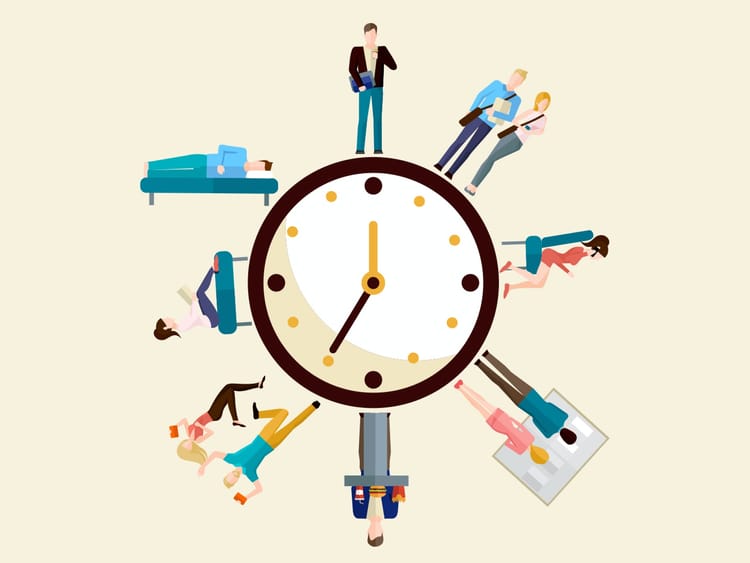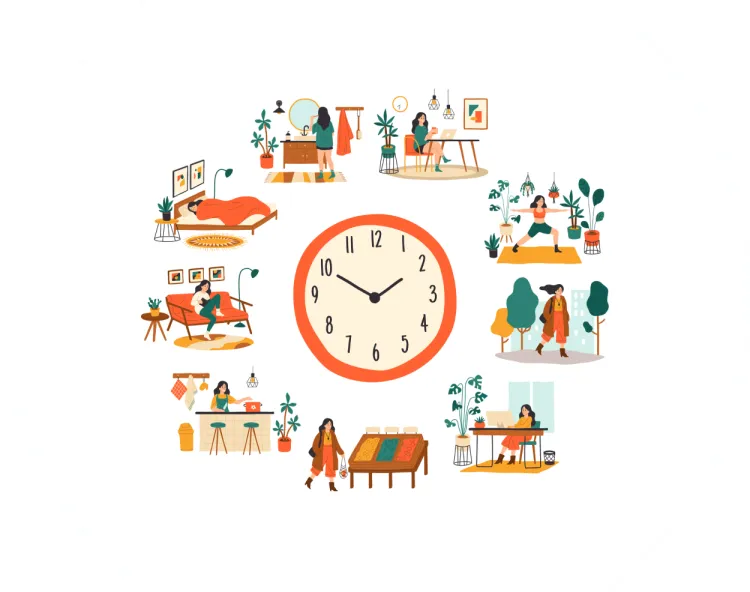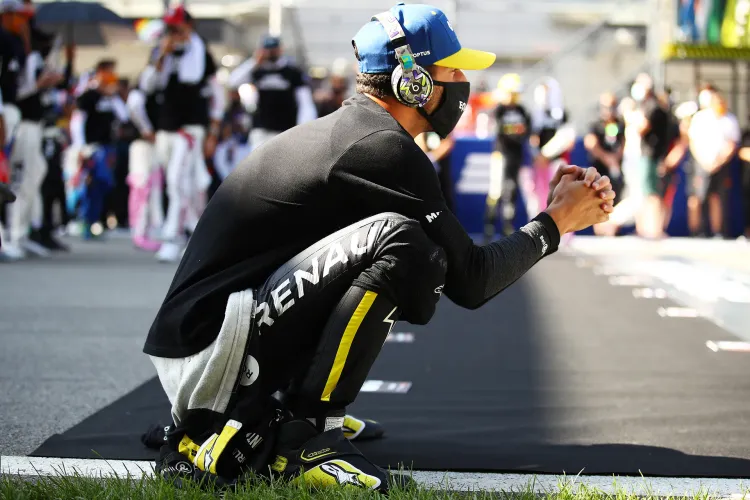Building Resiliency Through Gratitude

Blog At A Glance
Question: The Negativity Lens
Quote: On Gratefulness
Key Concept: Hunt The Good Stuff
Action Step: Three Blessings
I often felt my life was lacking—not just in material things but also in friendships, achievements, and meaningful experiences. This perspective turned me into an anxious and insecure individual who couldn’t stop comparing my life to others. Every time, I convinced myself that others had it all: better physical health, sharper minds, and richer lives.
"If only I had what they did, then I could finally be happy." - Me all the time
Was this true, or was I just looking through a negative lens?
One of the most powerful insights I’ve gained from studying psychology is the concept of negativity bias. Our brains are hardwired to magnify and fixate on the negative. What was once an evolutionary advantage—helping early humans avoid threats like dangerous animals or toxic plants—now often works against us.
Instead of remembering to steer clear of bright-colored frogs, our modern brains fixate on harsh criticism or endlessly compare our lives to the polished highlight reels on social media. Bit by bit, this creates what I call the 'negative lens'—a distorted view of reality that amplifies what’s wrong and overlooks what’s right.
Some people wear this lens occasionally, using it as a tool to identify and solve problems. For others, like me, it becomes a permanent fixture—worn from the moment we wake up until we close our eyes at night. It wasn’t until I began meditating and journaling that I truly recognized how deeply pessimism had taken root in my thinking.
This self-awareness became a turning point, introducing me to the transformative concept of gratitude—the simple yet powerful practice of appreciating what you have. And that shift has made all the difference.
Quote
Don’t imagine having things that you don’t have. Rather, pick the best of the things that you do have and think of how much you would want them if you didn’t have them." ~ Marcus Aurelius
The Science of Gratitude
A meta-analysis of 64 randomized clinical trials found that practicing gratitude leads to lower anxiety and depression while increasing positive moods and emotions.
Life is chock-full of challenges and hardships. Put less eloquently, sh*t is always going to hit the fan. You’ll stumble, and things won’t always go the way you planned. Even the most driven individuals can find themselves stuck in the dumps when this happens. That’s where practicing gratitude comes in.
Hunt the Good Stuff
One of the first principles taught in the U.S. Military’s Mental Resiliency Program is to “hunt the good stuff.” By actively seeking positives, we can counteract negativity bias and rewire our brains through neuroplasticity.
Gratitude isn't about ignoring life's challenges or pretending everything is perfect. It's about accepting setbacks and facing them head-on while choosing to focus on the good. This mindset builds resilience, helping you bounce back faster and find appreciation—even in tough times.
Action Step: Three Blessings
At the end of each day, before your head hits the pillow:
- Pull out a notebook or open the notes app on your phone.
- Write the date.
- List three things you’re grateful for.
Even on the worst days, you can find something to appreciate. It could be the kindness of a Starbucks cashier, the taste of an everything bagel, or simply making it through the day.
With consistency, this practice can help you see the brighter side of life and find reasons to be thankful, even in the darkest moments. Over time, you’ll build a habit that enhances your mental health and rewires your brain for positivity.
Final Thought: Gratitude isn’t a quick fix—it’s a long-term investment in your mental health. What have you got to lose? Open up your notes app and start writing.




